Photographs: Reuters
Per capita GDP, which helps indicated a country's standard of living and affluence of its citizens, refers to an approximation of the value of goods and services produced per person in the country. In other words it is the country's total GDP divided by the population of that country.
India: $40,000
India's per capita income, often used to measure a country's standard of living, increased by 14.5 per cent during 2009-10 to Rs 46,492, Parliament was informed on Tuesday.
However, according to a study -- Global Growth Generators: Moving beyond 'Emerging Markets' and 'BRIC' -- conducted by global financial giant Citi, India will emerge as the world's number one economy and have a per capita GDP of $40,000 by the year 2050.
Despite that India will not feature among the top 10 most affluent nations in the world in terms of per capita GDP.
Currently, the world's most affluent nations according to Citi are: Singapore ($56,532); Norway ($51,226); USA ($45,511); Hong Kong ($45,301); Switzerland ($42,470); the Netherlands ($40,736); Australia ($40,525); Austria ($39,073); Canada ($38,640); and Sweden ($36,438). The figures in brackets are the current per capita GDP in US dollars.
So which will be the top 10 most affluent nations in terms of per capita GDP in 2050?
. . .
These will be the 10 richest nations by 2050
Image: SingaporePhotographs: Reuters
1. Singapore: $137,710
Measured at 2010 PPP US dollars per capita, Singapore is the most affluent country today with a per capita GDP of $56,532, according to the Citi study.
The survey says that even in 2050, Singapore is likely to hold its own and continue to remain the most affluent country in the world in terms of GDP per capita by 2050, at $137,710 per person, the Citi report said.
Norway, Australia, and the Netherlands are expected to fall off the list of top 10 richest countries by GDP per capita, the study says.
Although the rich countries of today are expected to be among the rich nations of tomorrow, Citi still forecasts substantial convergence in per capita income.
. . .
These will be the 10 richest nations by 2050
Image: Hong KongPhotographs: Reuters
These will be the 10 richest nations by 2050
Image: TaiwanPhotographs: Reuters
These will be the 10 richest nations by 2050
Image: South KoreaPhotographs: Reuters
4. South Korea: $107,752
South Korea too does not figure among the top 10 most affluent nations currently.
However, justifying its position as a growing Asian and world economic power, South Korea is expected to become the fourth most affluent country in the world by 2050 with a per capita GDP of $107,752.
. . .
These will be the 10 richest nations by 2050
Image: United States of AmericaPhotographs: Reuters
These will be the 10 richest nations by 2050
Image: Saudi ArabiaPhotographs: Reuters
6. Saudi Arabia: $98,311
Saudi Arabia is expected to emerge as the sixth richest economy of the world in terms of per capita GDP by 2050, the Citibank forecast has said.
According to the report, the oil-rich kingdom will be the Middle East's richest economy in terms of GDP per capita by 2050, with Saudis earning $98,311 per annum on average by 2050.
"Developing Asia and Africa will be the fastest growing regions, in our view, driven by population and income per capita growth, followed in terms of growth by the Middle East, Latin America, Central and eastern Europe, the CIS, and finally advanced nations of today," the report said.
. . .
These will be the 10 richest nations by 2050
Image: CanadaPhotographs: Reuters
These will be the 10 richest nations by 2050
Image: The United KingdomPhotographs: Reuters
These will be the 10 richest nations by 2050
Image: SwitzerlandPhotographs: Reuters
These will be the 10 richest nations by 2050
Image: AustriaPhotographs: Reuters
10. Austria: $90,158
Austria, with a per capita GDP of $39,073 today, is the world's eighth most affluent nation. By 2050, says the Citi research report, it will however slip to the 10th spot with a per capita of $90,158.
Most of the European nations which are among the top 10 today will fall off the list giving way to Asian giants.

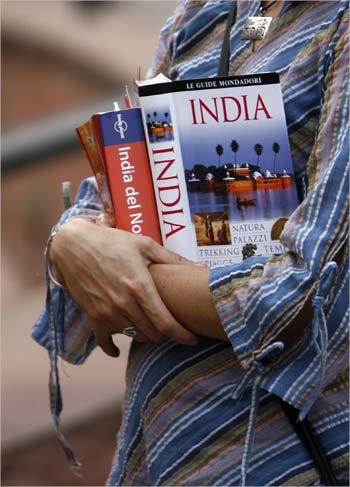

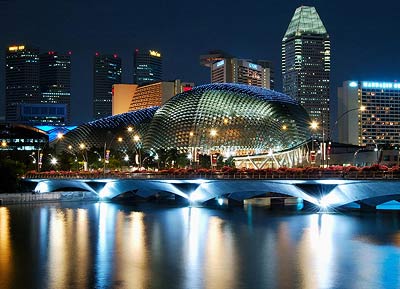
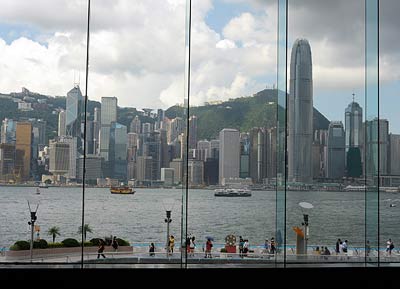
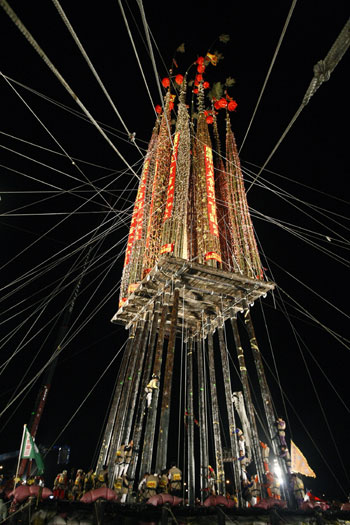

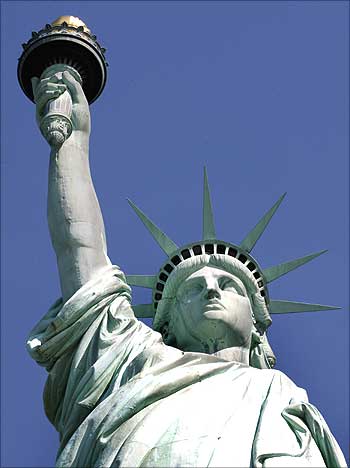
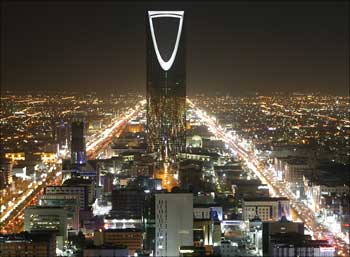

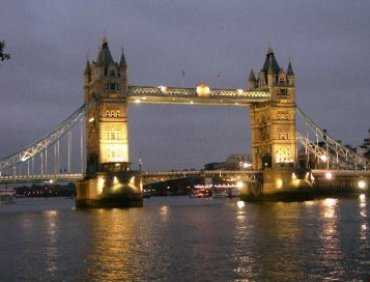


article